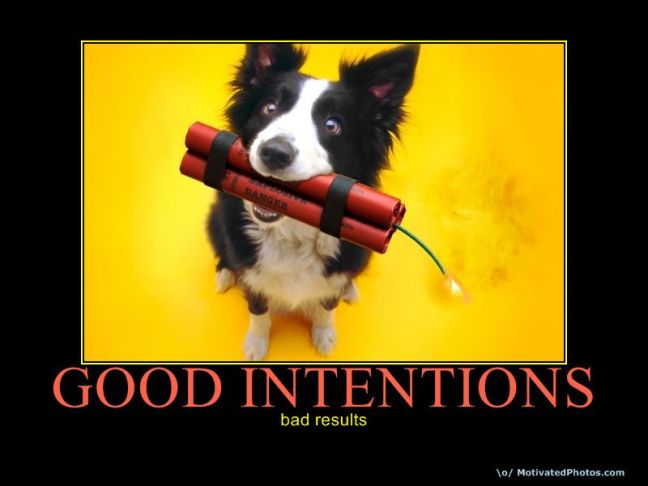
One of the classic but seldom mentioned quirks of human nature is that we can’t read the intentions or thoughts of others, yet expect those same people to perfectly understand every nuance and twist of whatever we mean to say or do. I am probably ten times more guilty of this than you are, but it affects everyone to one degree or another. We expect to be understood, then make up our minds about someone regarding their words and deeds.
My latest example of this double standard involves another writer, who has published a series of novels. He is understandably frustrated that a number of reviewers are calling the series “Christian fiction,” even though he wanted it to be accessible to non-religious people. Given how it’s normally just Christians who read books with that label, this would be a legitimate gripe…if he hadn’t let it get published under the “Christian” section of a large publishing house. In his dissertation-length explanation to someone else who pointed out the reason why his books are being called religious, his best excuse is that he and the publisher intended to give readers a book that all people, Christian and otherwise, could appreciate. But we all know what the road to Hell is paved with.
Obviously there is that whole “splinter in your neighbor’s eye, a plank in your own” situation to look out for. I fell into the same trap when I developed a harsh and glowering attitude toward him, thinking Well, maybe he should realize that others won’t care about his intentions if the label turns them away from his books! What an idiot. Why didn’t he just go with another publisher? Of course, this isn’t a very charitable thought to have about another human being. And I should realize more often that I can’t read minds, and I never know the whole situation. Maybe something else happened that I didn’t know of — his agent zealously recommending he go with that publisher, a close friend he had in the publishing house wanting to print his work, or an affection he might have had toward the company. Since I don’t know, I should shut up and give this writer the benefit of the doubt.
There isn’t much advice or wisdom I can offer to you here. I still have to learn to (1 not read too much into someone else’s situation, and (2 not get too frustrated when someone misinterprets something I did or said. If they misunderstood me, I can answer them graciously and humbly, or I can shrug it off entirely and keep going. A harsh/lengthy/scathing response is unwarranted, in any case. The best I can do on my side of the fence is try to say and do exactly what I intend the first time, and hope that not too many people will draw the wrong conclusion. And if they do, it’s not the end of the world. Normally you’ll have an easier time becoming a millionaire than you will convincingly explaining “what you really intended” after-the-fact.